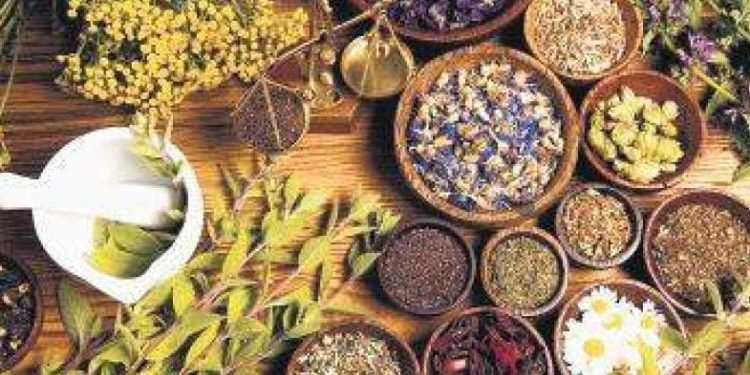Bhubaneswar: On this World Hepatitis Day (July 28), the World Health Organization (WHO) is highlighting the need for bringing hepatitis care closer to the primary health facilities and communities so that people have better access to treatment and care, no matter what type of hepatitis they may have. This means making hepatitis care available, affordable and accessible to all without discrimination
Hepatitis has been identified as a major health concern in India with around 4 crore people chronically infected with hepatitis B, and 60 lakh to 1.2 crore people with hepatitis C. According to the Indian Journal of Medical Research, in India, about 2,50,000 people die of viral hepatitis or its sequelae every year.
Hepatitis is a group of infectious diseases known by its various variants, like A, B, C, D, and E. Hepatitis is commonly caused by a viral infection, but there are several risk factors, such as excessive consumption of alcohol, toxins, some medications and certain medical conditions.
According to a study published in the Journal of Pharmaceutical Sciences and Research, although vaccination is available for the prevention of Hepatitis, to date no complete cure for this disease is available. That is why medical science is turning its attention towards the ancient traditional medicine systems to find answers. Ayurveda has ample wisdom and probable cure for Hepatitis-related problems. According to Ayurveda, Hepatitis B and associated diseases are correlated with Kamala Roga. In Ayurveda the treatment of Kamala includes pitta pacifying rasas, which enable a healthy gut and strong digestive system.
“Pitta becomes aggravated due to poor eating habits and a sedentary lifestyle, which affects rakta formation and agni, resulting in a variety of illnesses such as Hepatitis,” Vikas Chawla, Founder, and Director, Vedas Cure told ZeeNews and shared the food items that can help maintain liver health.
Kutki: Is used as a liver tonic. It reduces fat in the liver and has anti-inflammatory properties. It boosts digestive fire and helps with other pitta-related issues.
Bhumi amla: Its anti-inflammatory properties prevent liver inflammation, but its deepan (spark digestive fire) function improves appetite and balances the kapha and pitta doshas.
Kaalmegh: It acts as a detoxifier by removing toxins from the body. It keeps liver enzymes in check and minimises inflammation, and balances the pitta dosha.
Guduchi (Giloy): Its antiviral properties are particularly beneficial in the treatment of hepatitis. It has anti-inflammatory properties, is high in antioxidants, aids in the removal of toxins from the body, keeps liver enzymes functioning properly, and boosts immunity.
Triphala: It’s a blend of three herbs: amla, bhibhitak, and hariktaki, and it is one of the most effective treatments for fatty liver since it keeps the liver’s enzymatic functions in check, lowers harmful cholesterol levels in the blood, and has anti-inflammatory and anti-oxidant effects.
Bhirngraj: It also has anti-inflammatory and detoxifying properties, and the ability to regenerate liver cells.
Pitt Papra: It can also help with pitta imbalances. It reduces bleeding issues due to its chill potency. It can be used as an external paste to treat itching and burning.
Adrak: It aids in reducing fat in the fatty liver and improves the function of liver enzymes.



